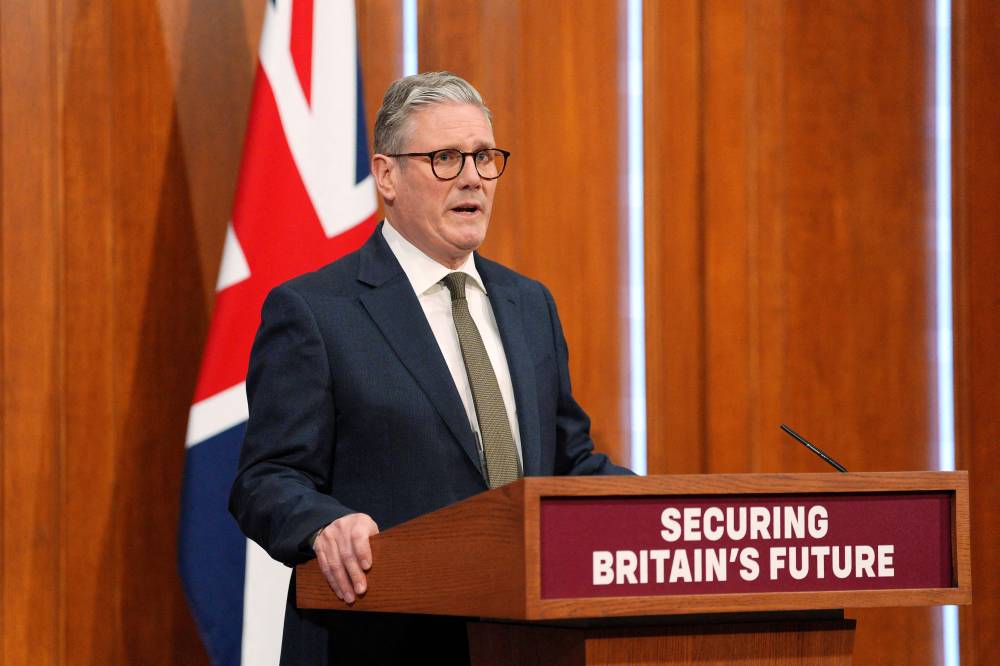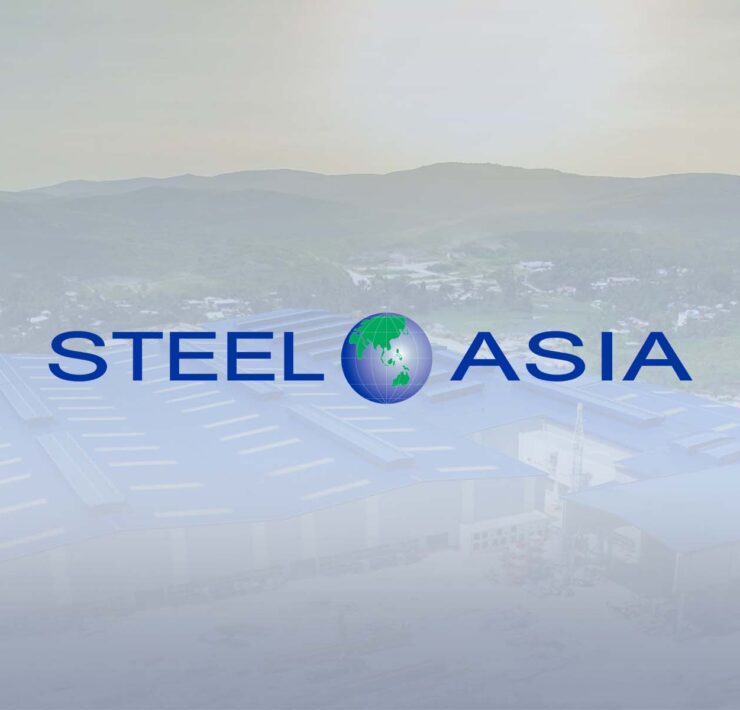UK to pass emergency laws to take control of British Steel

LONDON — Britain will pass emergency laws on Saturday to keep British Steel’s blast furnaces open, aiming to save the country’s steel-making capability and thousands of jobs, Prime Minister Keir Starmer said.
British Steel, owned by China’s Jingye Group, employs 3,500 people at its Scunthorpe plant and supports more in the supply chain.
The group intended to immediately close the blast furnaces, which are losing 700,000 pounds ($914,760) a day, the government said.
“The future of British Steel hangs in the balance,” Starmer said on Friday. “Jobs, investment, growth, our economic and national security are all on the line.”
Parliament will be recalled to pass emergency legislation in one day to give the government the powers to do “everything possible to stop the closure of these blast furnaces”, he said.
Asked by a reporter whether this was a precursor to nationalization, Starmer said the government would “preserve all viable options.”
“The step we’re taking tomorrow [Saturday] is the step of taking control, because it’s necessary now to do that,” he said.
Last of its kind
The output of Britain’s last virgin steel maker is used in the rail network and the construction and automotive industries.
Without the plant, Britain would be reliant on imports at a time of trade wars and geopolitical instability.
The lower chamber of parliament, the House of Commons, had been scheduled to be in recess until April 22.
Such recalls only happen in extraordinary circumstances, such as in August 2021 when lawmakers were brought back to debate the withdrawal of troops from Afghanistan.
British Steel was already struggling in an over-supplied global market before it was hit by higher energy costs in recent years.
US tariffs of 25 percent on all imports of steel, which took effect in March, delivered another blow.
Jingye’s intention to close the blast furnaces immediately came “despite months of negotiations in good faith and a generous offer of co-investment from the UK government of 500 million pounds,” the government said in a statement.
The emergency measures would give the state the power to direct the company’s board and workforce, ensure they get paid, and order the raw materials to keep the blast furnace running, the government said.
It had instructed managers to ensure the furnaces keep burning, and if they were dismissed for doing so against the orders of the Chinese owners, they would be reinstated.
Reuters, the news and media division of Thomson Reuters, is the world’s largest multimedia news provider, reaching billions of people worldwide every day. Reuters provides business, financial, national and international news to professionals via desktop terminals, the world's media organizations, industry events and directly to consumers.





















JPMorgan analyst tempers toll comments